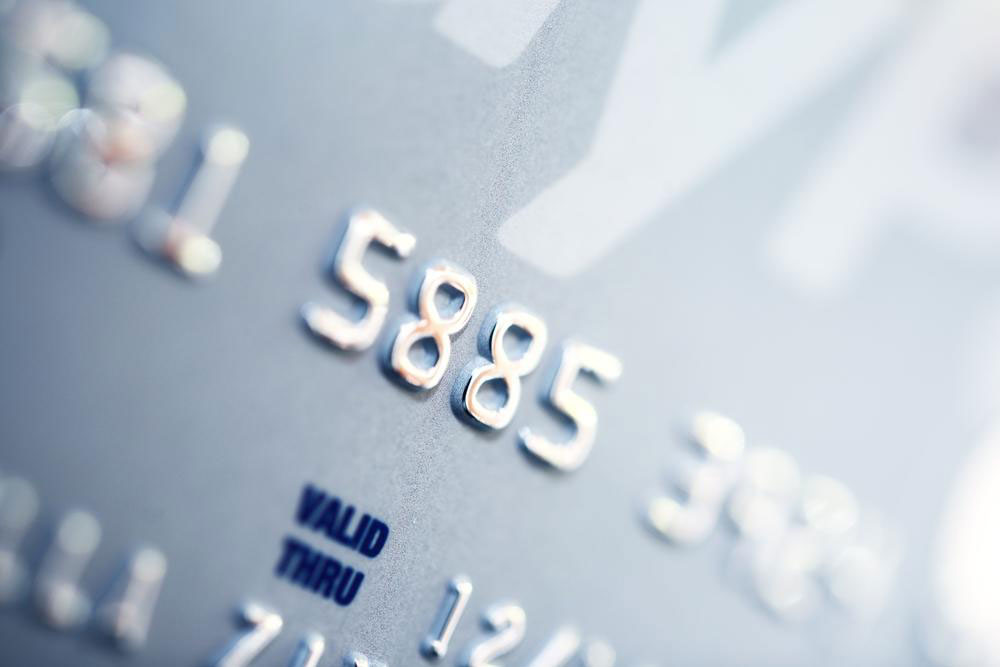Guide to Various Money Transfer Methods
This guide explores various methods of transferring money securely and efficiently, including bank transfers, online services, prepaid cards, and traditional options. It highlights their advantages, requirements, costs, and suitability for different transfer needs, emphasizing the importance of comparing fees and exchange rates for optimal choice and security.

Guide to Various Money Transfer Methods
Money can be sent securely without physically handing over cash through multiple channels.
Currency Exchange Services
Currency exchange firms facilitate large transfers for property purchases, investments, or customized financial solutions. To use their services, you need to create an account and fund it via a bank or credit card. They can tailor solutions to individual requirements.
Transfer Operators
These providers offer international money transfer services without the need for an account; just provide personal details, and they’ll handle the transfer.
Several companies, including Western Union, MoneyGram, Chequepoint, and Coinstar, provide online transfer options and mobile app solutions.
Financial Institutions and Credit Unions
All banks offer money transfer services, requiring an account for both sender and receiver. Though slower, bank transfers are secure and often come with additional financial products such as loans or savings accounts.
Digital Transfers
Online transfer services, often with low fees, require internet access, bank accounts or credit cards, and registration of your details. A recipient might also need a bank account and internet access, but in some cases, not always.
Prepaid Cards
Prepaid cards are a convenient alternative for small foreign currency needs. They can be topped up at stores or online and used for travel, online shopping, and international cash withdrawals.
Peer-to-Peer Transfers
This method allows the sender and receiver to agree on exchange rates and transactions directly, saving on bank fees and margins.
Bank Transfers
Transferring money between accounts within the same bank is typically free. For transfers to other banks locally or internationally, you need account and routing details. International transfers require comprehensive recipient bank information.
Electronic Transfers
Similar to paying bills online, these allow online money transfers to individuals using account details and SWIFT or IBAN codes for international transactions. You can set up recurring payments easily.
PayPal
An affordable option for digital money transfers, with no fees for sending funds, though the recipient pays a small fee for cashing out. International transactions may incur higher costs.
Western Union and MoneyGram
These providers facilitate money transfers across borders and locations, with fees based on speed, destination, and amount. Exchange rate margins apply for international transfers, but they are trusted and accessible options.
Cash Transfers
The traditional method involves withdrawing cash and depositing into a recipient’s account. It’s cost-free but less convenient for remote transfers.
Checks
Writing and depositing checks remains common. International check processing can be slow and involves fees for currency conversion and cashing.
Bank Drafts, Money Orders, and Cashier’s Checks
These are old-fashioned methods still used for certain transactions. They are inexpensive and traceable, suitable for smaller sums and cross-border transfers.
Email Money Transfers
Some banks offer transfer via email and electronic checks, which are quick, secure, and cost-effective for small amounts, often asking a security question for verification.
Wire Transfers
Fast, electronic transfers suitable for urgent or large transactions, including options like FedWire and RTGS. Fees and processing times can vary depending on urgency and volume.
To optimize transfers, compare fees, exchange rates, and provider features before making a decision. Proper research ensures cost-effective and secure money transfers.










